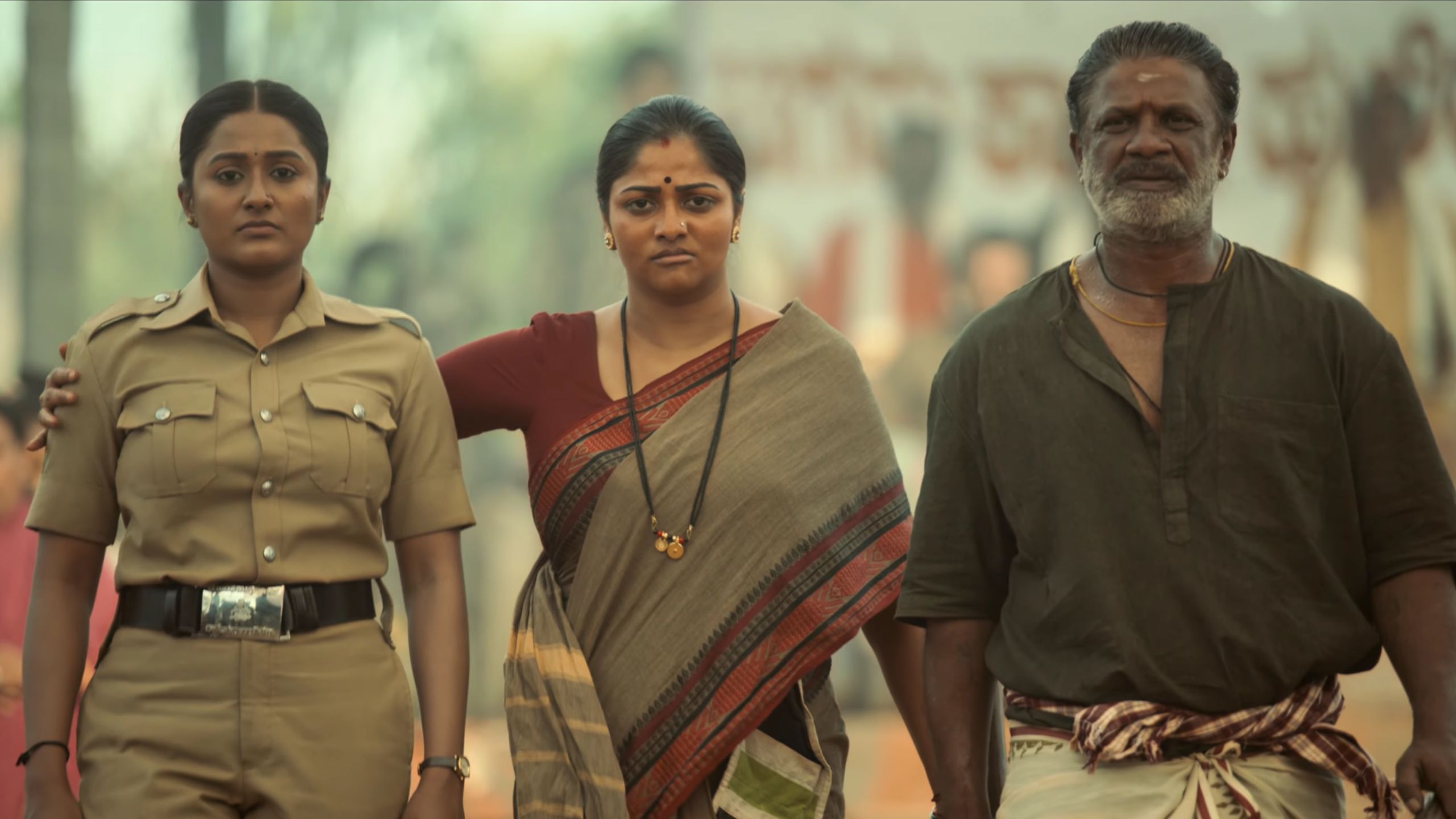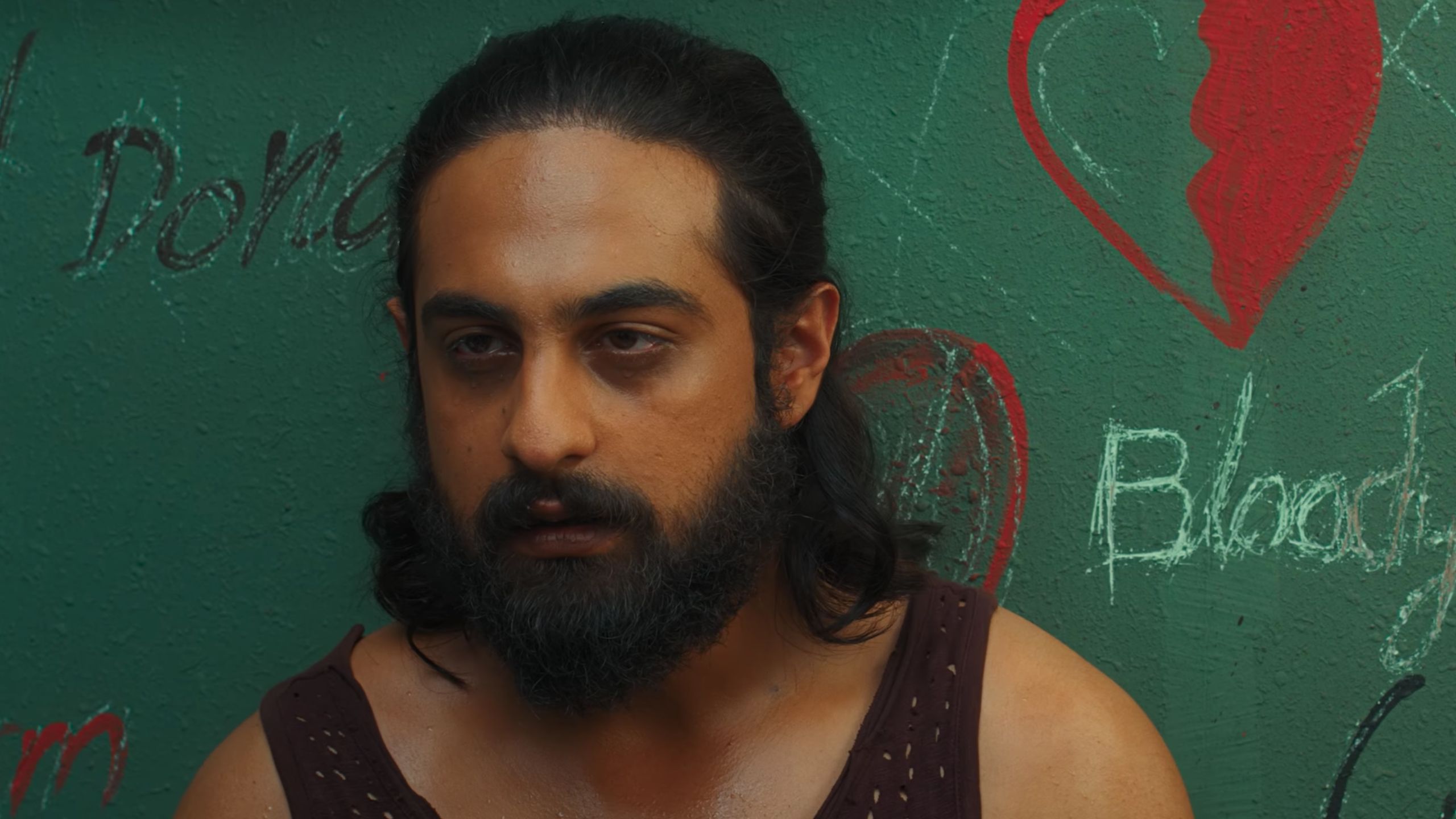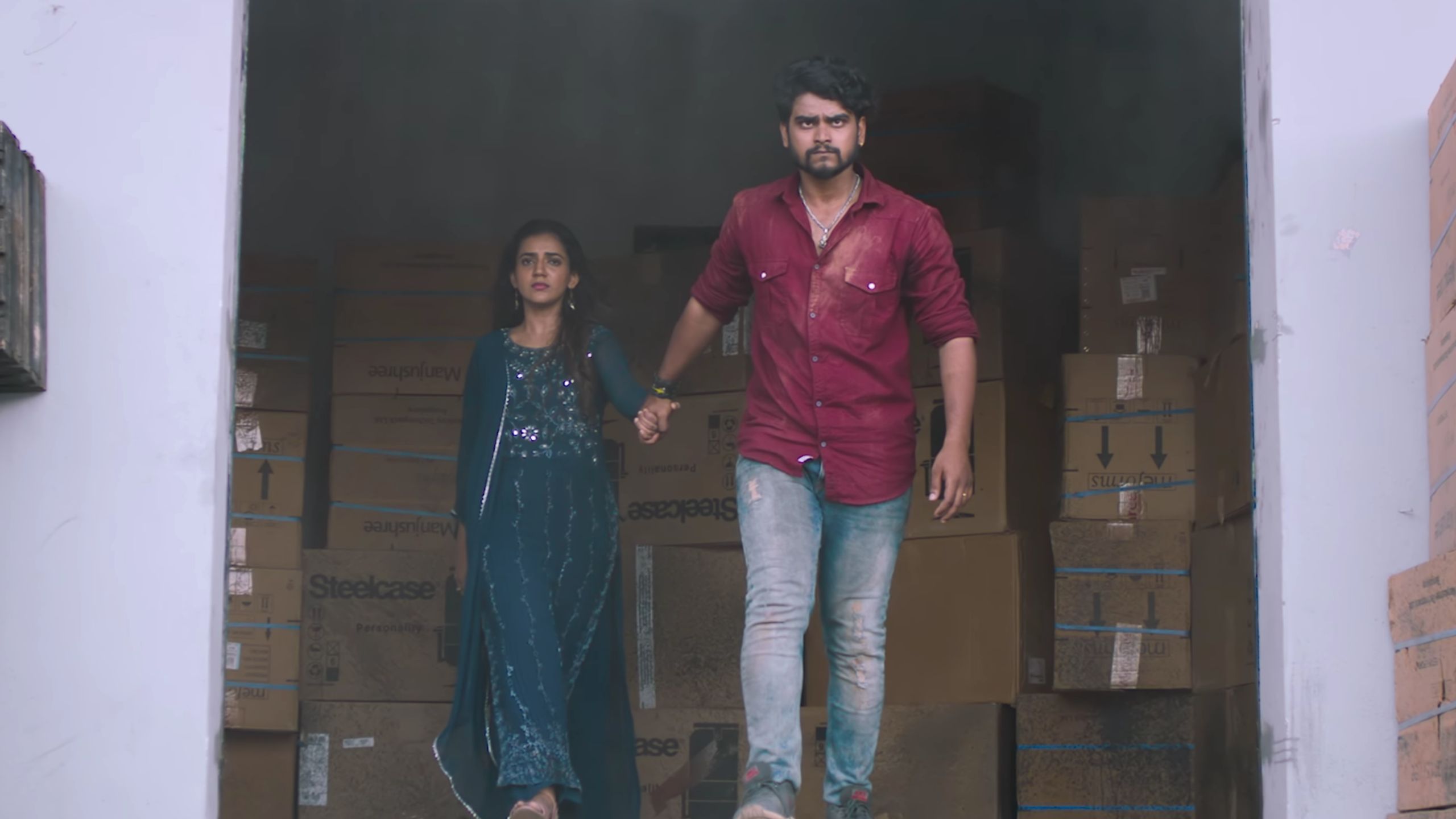Recently, there has been a surge in Kannada cinema, marked by a significant trend in producing films that highlight regional narratives, accentuating the cultural essence and lifestyle of the area while also integrating commercial appeal. “Kerebete” endeavors to depict the Malenadu region authentically, with its title itself, “Kerebete” (which refers to fish-hunting in the lake), setting the tone by introducing audiences to the protagonist, Hulimane Naga, a proficient practitioner of this traditional fishing technique that sustains his livelihood. Thus, the narrative unfolds, immersing viewers into Naga’s world and his experiences.
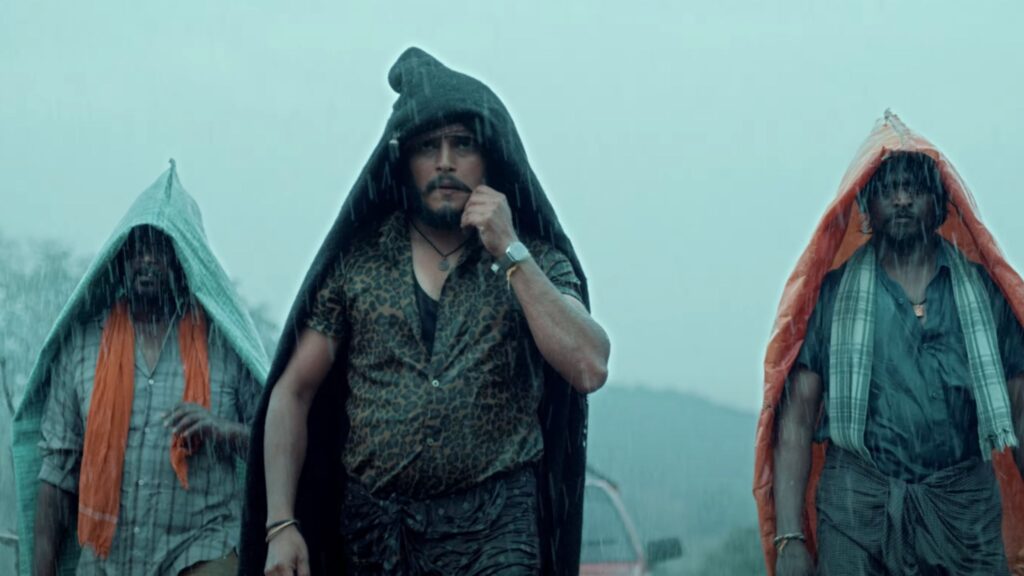
In exploring the dynamic tapestry of Malnad village life, audiences are introduced to a diverse range of cultural subtleties, from the captivating Kerebete, to age-old rituals, sports, and local entertainments that captivates. However, amidst this picturesque setting, viewers are confronted with the harsh realities of societal disparities and prejudices, particularly concerning wealth and community divisions.
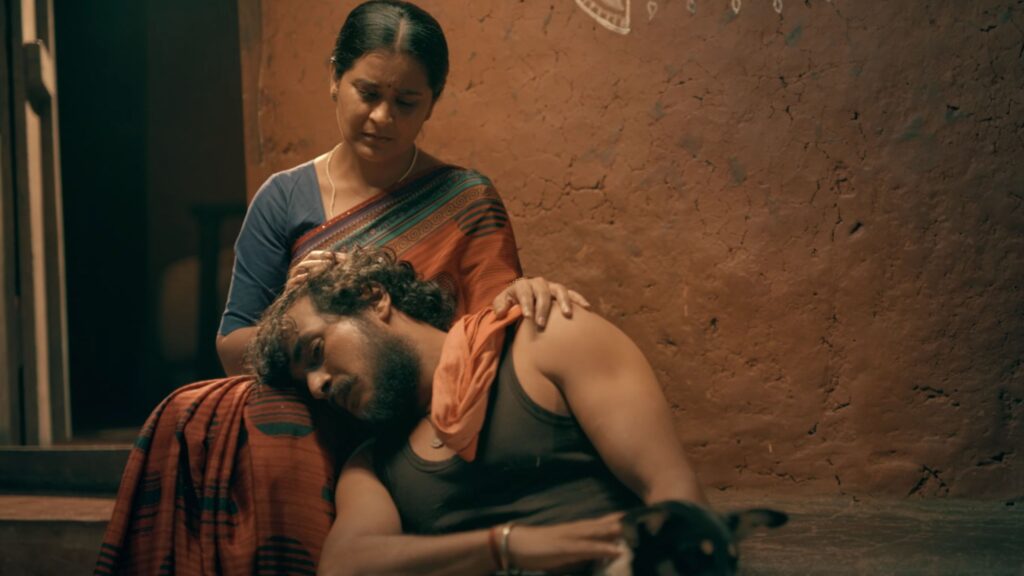
Hulimane Naga (Gowri Shankar) serves as a poignant embodiment of these tensions. Born to parents from disparate backgrounds, he finds himself ostracized and subjected to humiliation by both his own family members and the village community. Denied his rightful inheritance and subjected to unjust treatment, his simmering anger often erupts into violent conflicts, ultimately leading to the drastic act of kidnapping his beloved, Meena (Bindu Shivram).
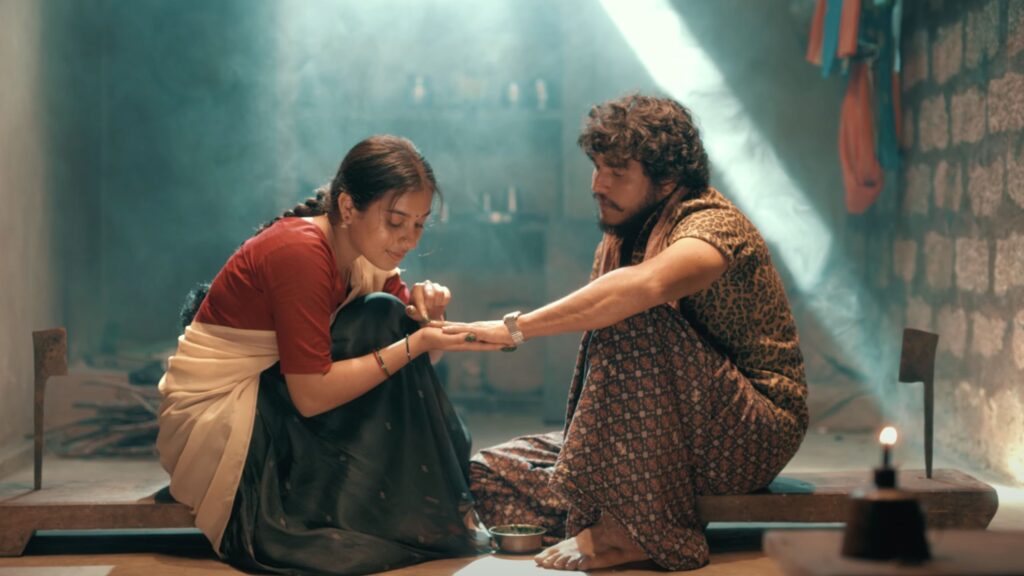
As the story progresses, perspectives shift, presenting a mosaic of viewpoints from various characters. This narrative complexity extends to the portrayal of Hulimane Naga himself, blurring the boundaries between heroism and villainy. The unsettling treatment of female characters further complicates this dynamic, leaving audiences grappling with moral ambiguity.
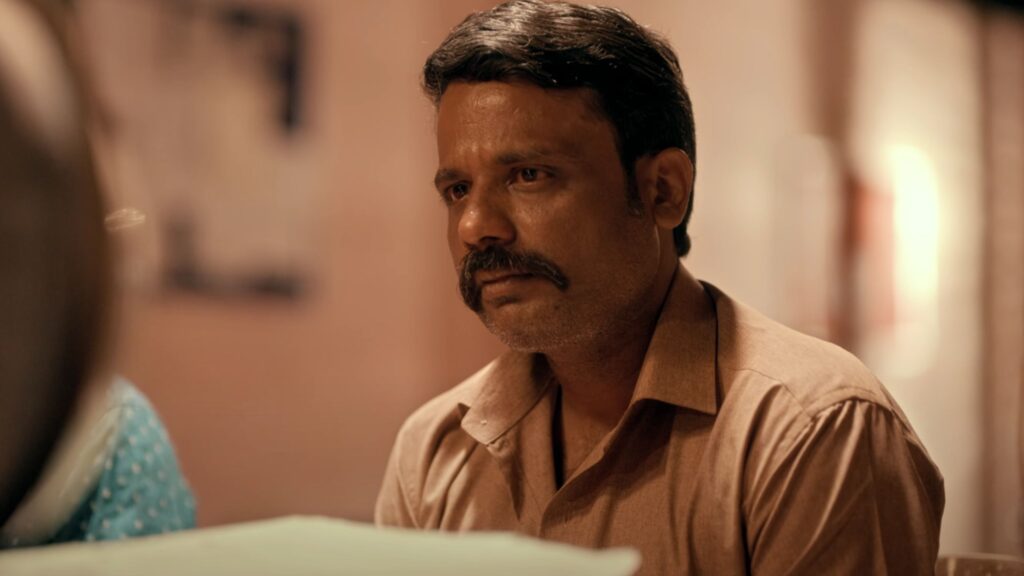
However, it is in the final moments of the film that clarity emerges, offering profound insights that linger. Viewers are rewarded with revelations that provoke contemplation, inviting them to ponder the intricate layers of the human experience depicted on screen.
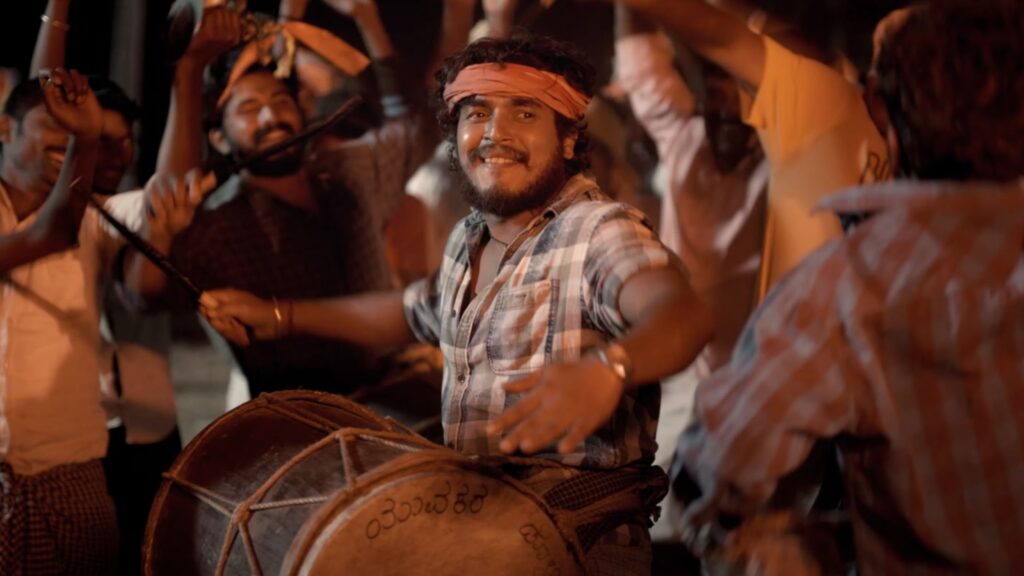
Gowri Shankar delivers a compelling performance as the angry young man in the film, showcasing his versatility as both an actor and a writer, having penned the screenplay and dialogues. Bindu Shivram makes a notable debut, adding depth to the narrative. The supporting cast, including Gopalkrishna Deshpande, Sampath Mythreya, Harini, and others, deliver commendable performances, enriching the movie with their talent.

The natural beauty of Malnad is expertly captured by cinematographer Keerthan Poojari, and while the impact of the songs may be limited, the background score effectively enhances the film’s atmosphere.
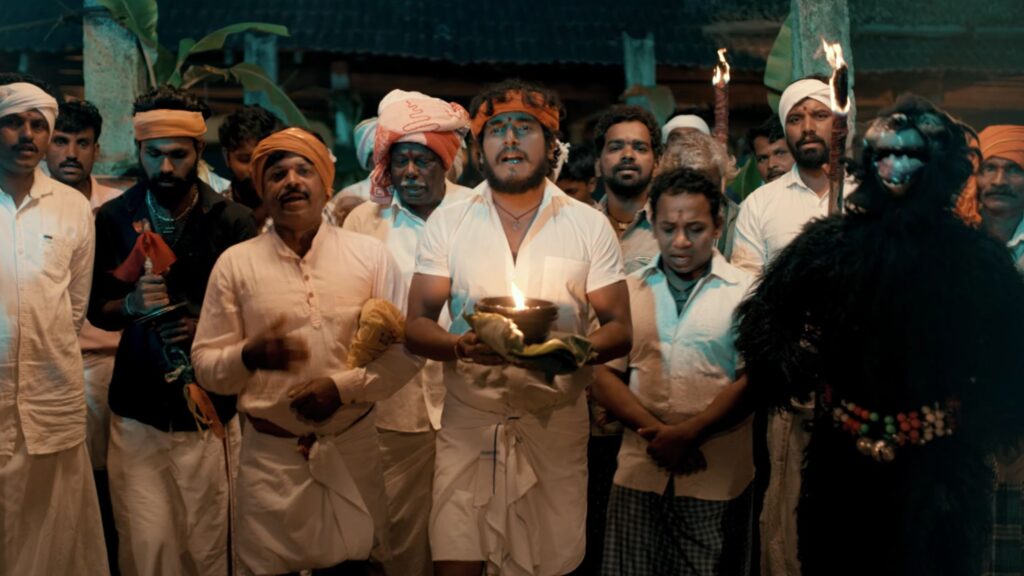
As the saying goes, “don’t judge a book by its cover,” similarly, viewers of “Kerebete” are advised not to judge the film until its final moments unfold. Director Raj Guru’s adept handling of twists and turns throughout the narrative keeps audiences on the edge with doubts, culminating in an eye-opening message that resonates long after.






